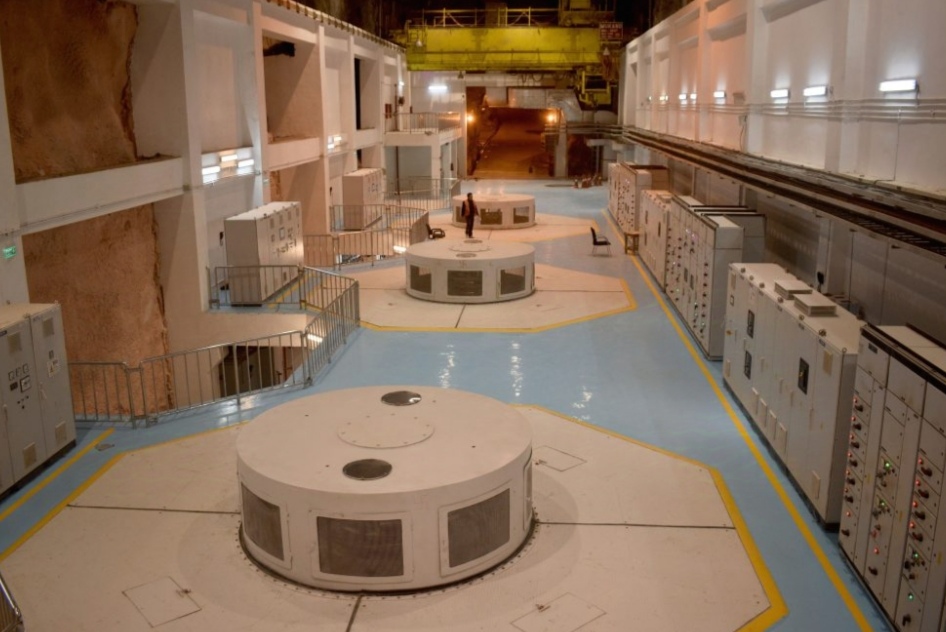Rasuwa – The Rasuwagadhi Hydropower Project, situated in Timure of northern Rasuwa, has successfully conducted its trial production, marking a significant milestone in Nepal's hydropower development. The project, constructed in the coastal region of the Bhotekoshi River in Tatopani of Gosaikunda Rural Municipality Wards No. 1 and 2, features an underground structure designed to minimize environmental impact.
Equipped with three turbines, each with a 33 MW capacity, the plant has the potential to generate 99 MW of electricity. However, due to reduced water flow during the winter season, the first trial yielded 52 MW, according to Project Chief Satyaram Jhakri. He further stated that all three units are now operational, and full capacity production is expected during the monsoon season.
Challenges and Delays
Despite its groundbreaking success, the project faced numerous challenges during its construction. Initially commenced in 2014, progress was delayed due to a fuel shortage, the catastrophic earthquake of 2015, recurrent monsoon floods in the Bhotekoshi River, and logistical challenges caused by highway blockages during rainy seasons.
The total project cost is estimated at NPR 18.69 billion. With the plant fully operational, it is projected to generate 613.875 million units of electricity annually, contributing approximately NPR 3.25 billion to the national economy.
Advanced Technology and Design
The plant utilizes a 4,185-meter tunnel and a dam built on the Bhotekoshi River to direct water to the turbines, which are housed inside a cliff near Tatopani village. All installed equipment is reported to be fully functional, demonstrating the project's technical efficiency and resilience.
Investment and Collaboration
The project was executed by Rasuwagadhi Hydropower Company, a subsidiary of Chilime Hydropower Company. It was financed through a loan from the Employees Provident Fund, with Chilime Hydropower Center used as collateral. The project also received investments from the Nepal Electricity Authority and local bodies, exemplifying a successful model of public-private partnership.
The successful trial of the Rasuwagadhi Hydropower Project underscores Nepal's growing capacity to harness its immense hydropower potential while navigating environmental and logistical challenges. The plant is expected to play a pivotal role in addressing the nation’s energy demands and boosting its economy.
For more updates on Nepal’s energy and development projects, visit Ecosphere News.